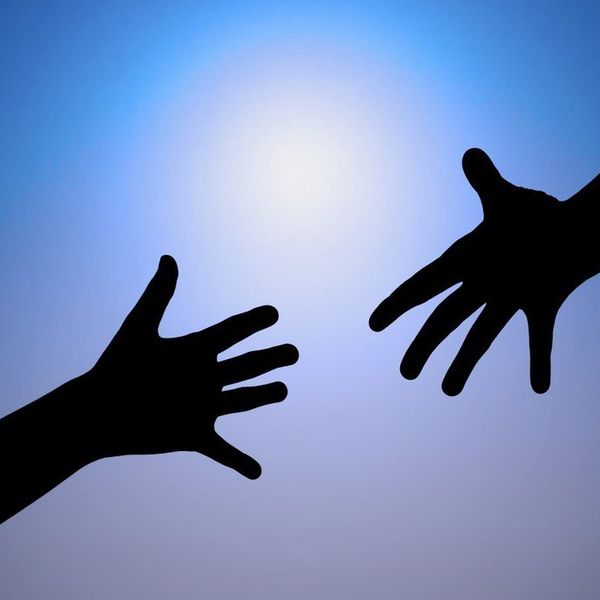About a year ago, I engaged in a conversation with a 10-year-old girl that would change my perspective on the world’s perception of beauty forever.
We were sitting idly after an exciting day at camp discussing television shows when the topic of beauty came up. She was slouched over a chair making her third friendship bracelet of the day. She suddenly gave me a quizzical look, and I knew her little mind was stirring up with a million and one questions to ask. She finally began talking, and I listened intently.
“Ms. Danielle, do you know the show “Girl Meets World” on Disney Channel?” she asked. She didn’t give me a chance to respond before she said,
“Sometimes I wish I looked like Maya.”
“What do you mean?” I said, puzzled as ever.
She then went into full detail describing Maya’s appearance and what made her more beautiful than she was. Although I had no idea who Maya was or how she looked, I knew that she impacted this little girl in a tremendous way. As a camp counselor, I knew that my response would shape the way she viewed celebrities and other people around her. I knew that in that moment she depended on me to reassure her of her beauty. But as I looked at her, I couldn’t help but wonder why at such a young age a thought like that crossed her mind.
After a few seconds of silence, I told her no one was more beautiful than she was and made her repeat it to herself. She left that day with a smile on her face, but deep down I knew that the media had corrupted another little girl’s perception of beauty.
For years, the world of media has been working hard to fabricate the ideal image of what a woman is supposed to look like. You and I know it well. Magazines, and movies, among other outlets, have barraged us with images that portray what is considered to be the perfect body image.These images project an unrealistic and even dangerous standard of beauty that can have a powerful influence on the way we view ourselves.
Although the media exhibits a glowing image of what every girl should look like, the simple fact is that most of these standards are completely unattainable. Still, we continue to try to fit ourselves into this image of perfection.
This image of perfection has been drilled into our minds so much that we have become desensitized to the problem and to our part in the solution.
We shouldn't give the media the power to distort our definition of beauty. Our bodies are not something to be objectified.Beauty is not something that can be modified or controlled; it just is. It doesn’t ask to be admired; it rests in security.





















